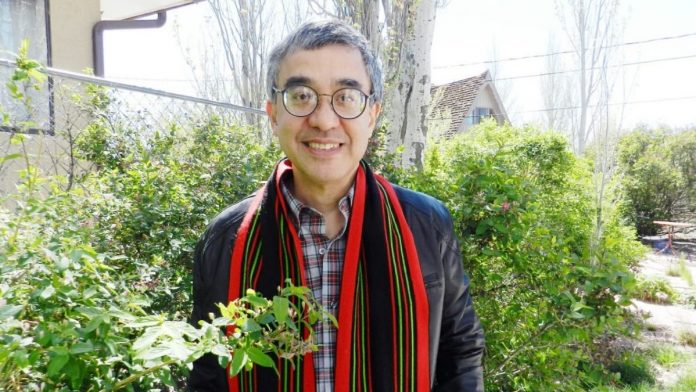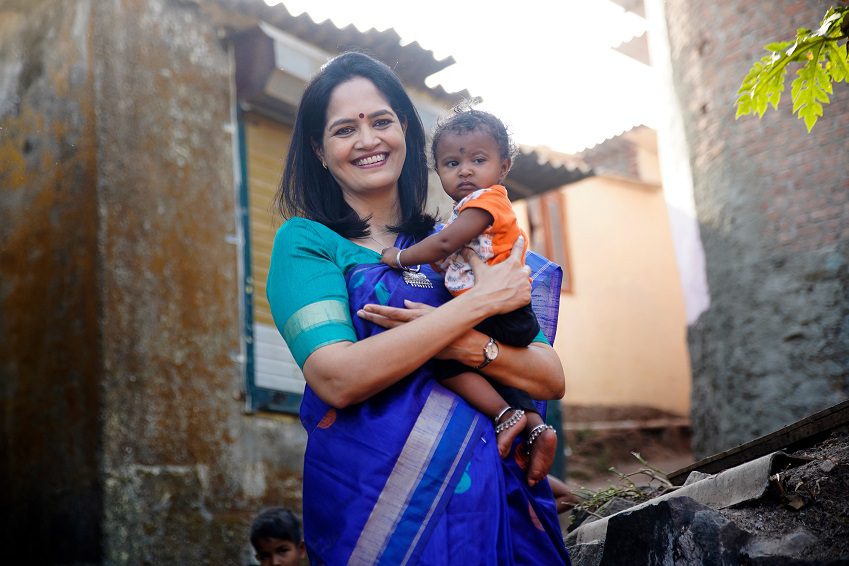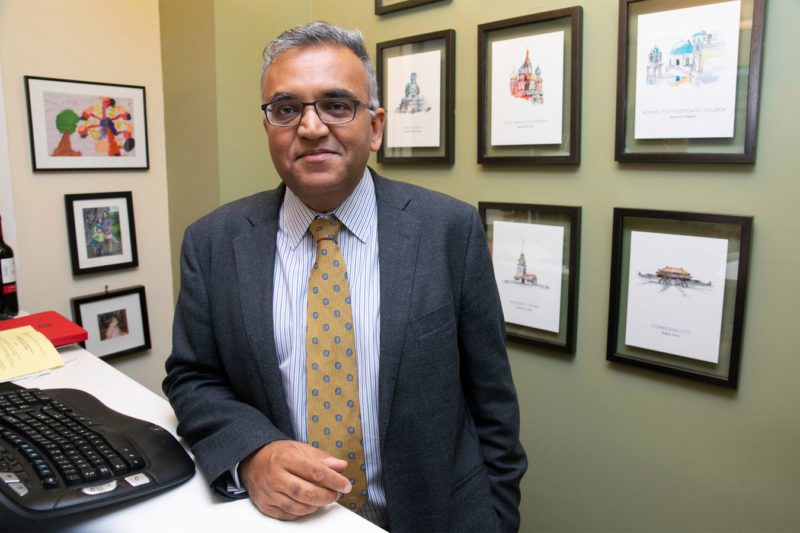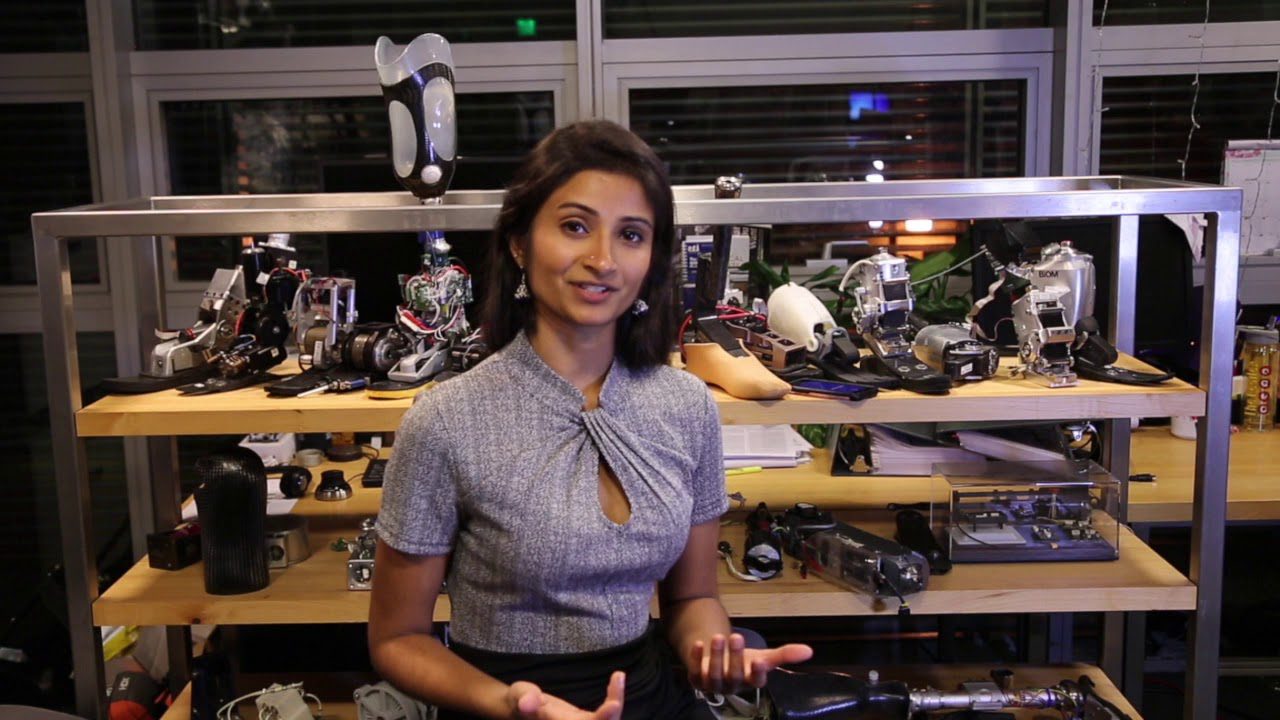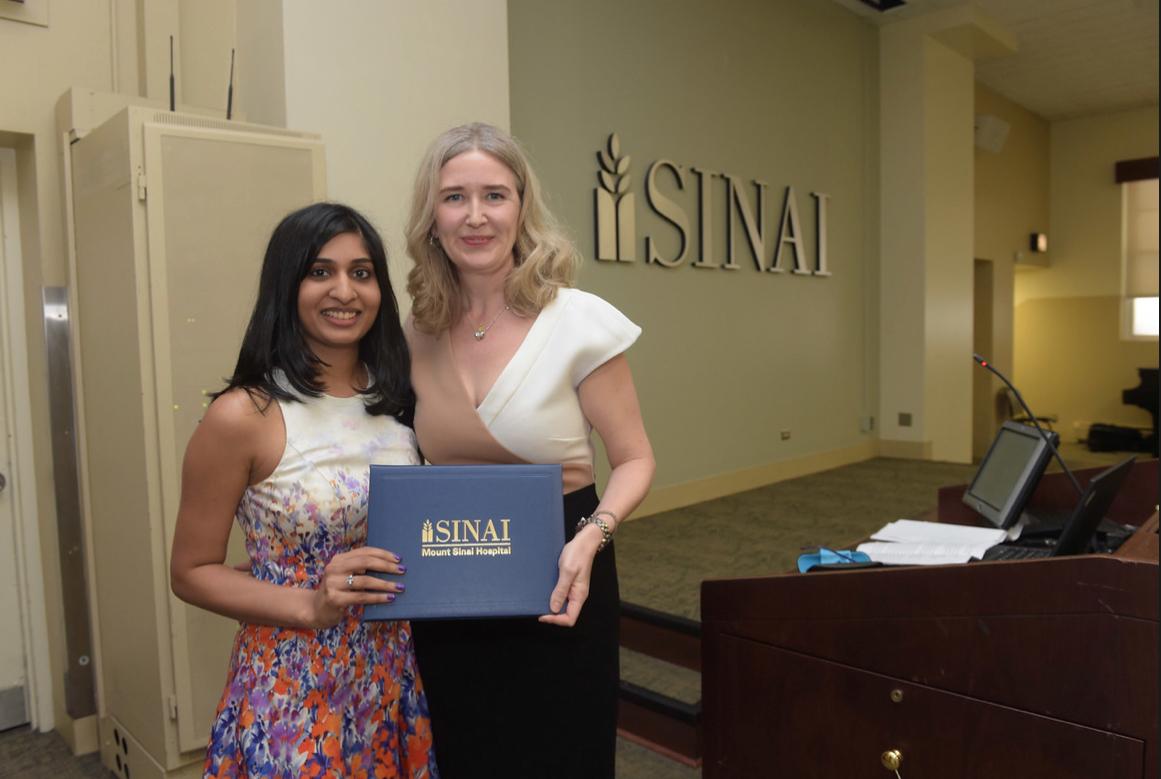(July 29, 2021; 5.45 pm) Back in March 2020, even before the first case of COVID-19 was recorded in US’ New Mexico state, an Indian-origin infectious disease specialist was hard at work setting up a drive-in testing facility outside the Gallup city hospital. His reasoning: If every person with cold symptoms was brought up the building, they ran the risk of infecting everyone. His outdoor testing model was soon replicated throughout New Mexico and made a huge difference in pandemic care. This year, Dr Jonathan Iralu was one of the eight healthcare heroes honored by New Mexico Governor Michelle Lujan Grisham. She also dedicated July 19 as Dr Jonathan Iralu Day.
To avoid putting all patients at the Gallup Indian Medical Centre at risk, Nagaland-born Dr Iralu and his team had pitched tents outside the hospital where they began doing nasal swabs. This was weeks before New Mexico even recorded its first confirmed case of COVID-19. According to a statement from the governor’s office, 60-year-old Dr Iralu had been proactive in taking measure to protect people right from the outset and throughout the pandemic he worked to deliver timely patient care.
I'm delighted to know the State of New Mexico Exec. Office, Santa Fe, New Mexico has proclaimed July 19, 2021 as "Dr. Jonathan Iralu Day."
Dr. Jonathan Vilasier Iralu is a 3rd generation doctor from Khonoma village. He has made the people of Nagaland proud. Congratulations to him pic.twitter.com/8HirDMQzUG— Neiphiu Rio (@Neiphiu_Rio) July 18, 2021
His Indian roots
Born to an Indian father and American mother, Dr Iralu is a third-generation doctor from Khonoma village in Nagaland. His grandfather, the late Dr Sevilie Iralu was a well-known doctor in Nagaland in the 1920s. His father Dr Vichazelhu Iralu, a parasitologist, moved from Khonoma to the US in the 1940s for work. It was there that he met his wife, and Dr Iralu’s mother Tefta, a microbiologist.
In an interview with The Indian Express, Dr Iralu said, “My grandfather was one of the first doctors (a general practitioner) in Nagaland trained in Dibrugarh under the British in the 1920s. He was a passionate man who was very good to his patients, and that is what has inspired me.”
Dr Iralu grew up on the East Coast and studied at Harvard University. He moved to New Mexico in 1994 after the Hantavirus outbreak in 1993.
“Something about the work — and the place —fascinated me and I stuck on,” he said.
Dr Iralu is also an instructor at Harvard Medical School and serves as a senior physician at Brigham and Women’s Hospital Division of Global Health Equity in Boston, Massachusetts.
IHS Chief Clinical Consultant for Infectious Diseases Dr. Jonathan Iralu was one of eight health care heroes recently honored by New Mexico Governor Michelle Lujan Grisham for their important work during #COVID19. The state is recognizing today as Dr. Jonathan Iralu Day! pic.twitter.com/Dogkic7MbC
— IndianHealthService (@IHSgov) July 19, 2021
Challenges along the way
While the infectious diseases specialist makes it a point to visit Nagaland every two years, he hasn’t been able to since the outbreak of the coronavirus. According to him, this pandemic has been one of the most challenging phases in his career. He told Indian Express,
“It felt a little bit like the beginning of HIV in the 1980s when we were faced with a new disease, we didn’t have treatment, had barely any diagnostic tests. We had to learn as we go in treating that condition. But of course, Covid is a much more contagious illness.”
NEW PODCAST 🎧 #COVID19 in #NavajoNation
Dr. Jonathan Iralu of @IHSgov & @donaldwarnemd, director of Indians into Medicine at @UNDSMHS, share how Native American populations have been impacted by COVID-19 & the disparities it’s brought to light. pic.twitter.com/W6FhEenwh7
— IDSA (@IDSAInfo) August 4, 2020
New Mexico, which has a large Native American and Hispanic population, was hit pretty hard by the pandemic, Dr Iralu’s efforts along with those of other doctors from the state helped it overcome the worst of it. The state has one of the highest vaccination rates in the US with over 72% of the adult population having received at least one dose.
According to Dr Iralu, what helped the medical fraternity in New Mexico was supported by strong local leaders, an important aspect in tribal communities. One of the largest concerns of the pandemic, he said, was the vaccine hesitancy.
“Vaccines are true life savers. The benefits outweigh the risks and that’s my message to people back in Nagaland – when it becomes more widely available, one should not be afraid to take it.”

